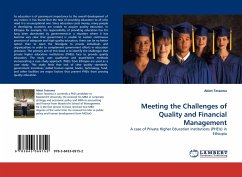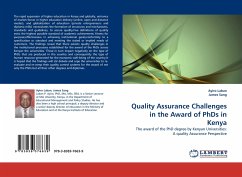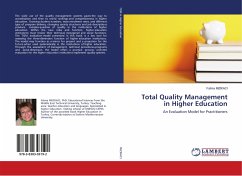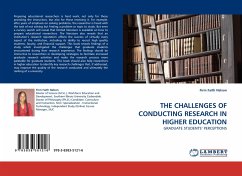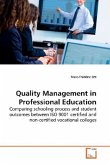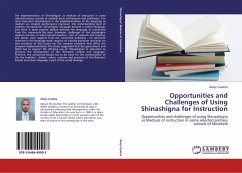As education is of paramount importance to the overall development of any nation, it has found that the task of providing education to all who need it is an exceptional one. Since education costs money, many people in developing countries are unable to acquire quality education. In Ethiopia for example, the responsibility of providing education has for long been dominated by governments.In a situation where it has become very clear that government is unable to sustain continuous provision of adequate and high quality education, there can be no better option than to open the floodgate to private individuals and organizations in order to complement government efforts in education provision. The primary aim of this book is to identify the challenges that private higher education institutions (PHEIs) face to provide quality education. The study uses qualitative and quantitative methods incorporating a case study approach. PHEIs from Ethiopia are used as a case study. This study findsthat lack of clear quality standards, government incentives, skilled human capital, books, technology, fund, and other facilities are major factors that prevent PHEIs from proving quality education.

